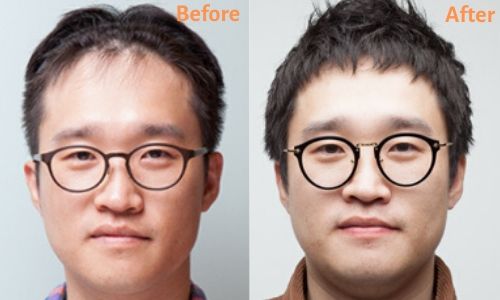Preparing for your hair transplant surgery is an essential step in ensuring the optimal outcome in your hair transplant experience. Seoul, South Korea, has some of the best hair transplant clinics in the world. It is exceptionally challenging to become a hair transplant surgeon in Korea as it is such a delicate procedure, and the medical standards in South Korea are so high. Thus, only the best of the best hair transplant surgeons are found in Seoul. Even with the assurance that the doctor is highly skilled, it is still just as important to follow the doctor’s instructions carefully and prepare for your hair transplant surgery as best as you can.
Here are some basic guidelines agreed upon by hair transplant doctors to follow before getting a hair transplant surgery to make sure the day of the surgery goes to plan.
When Should I Start Preparing for the Surgery?
It would be best if you started preparing for the hair transplant surgery one month ahead. From one month before the transplant, you should try to improve your overall health so that your body can recover from the transplant as quickly as possible.
One Month Before
Since it is vital to improve your overall health, you should refrain from smoking about a month ahead of the hair transplant surgery. Smokers tend to heal slower and sometimes not as adequately; this is because smoking slows down wound-healing as it prevents optimal blood flow to the transplanted area.
Stay fit and healthy by eating nutritious food in advance of the transplant procedure. The healthier you are, the easier it will be for your body to hold onto the transplanted hair follicles after the transplant surgery.
You can also start massaging your scalp for a minimum of 10 minutes and up to 30 minutes a day. Massaging will soften the scalp and improve blood flow to the area, which improves the overall health of the scalp.
Don’t get a haircut before your surgery. Not getting a haircut ensures that there is enough hair at the donor site to transplant to the desired areas. It will also be useful because the donor site will be shaved by the medical team at the clinic to ensure that the hairs are not too long nor too short for surgery
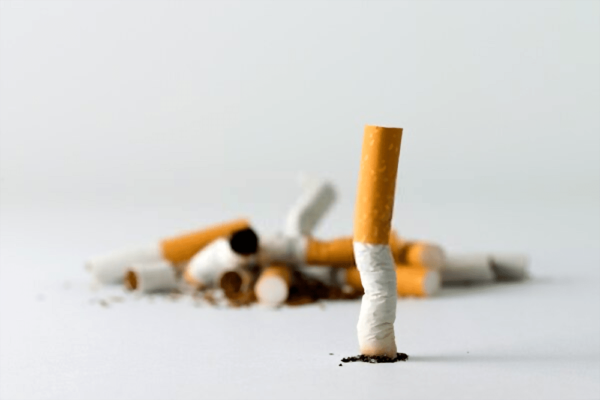
Two Weeks Before
At this point, your hair transplant surgery is fast approaching. It would help if you refrained from drinking for at least two weeks before the procedure. This is because drinking alcohol causes adverse effects on your immune system and thus slows down recovery. Alcohol also thins the blood, which increases the chance of excessive bleeding during the hair transplant surgery.
You should also avoid taking medications like aspirin, ibuprofen, herbal supplements, fish oil, vitamins, or any medication that thins the blood for at least 2 weeks before your surgery. Avoiding such medications and supplements makes sure you do not bleed excessively or come across complications during the hair transplant procedure.
If you have medication that you need to take leading up to the surgery, notify your doctor, and they will be able to advise you on how to proceed with your medication.
You should also try your very best not to get sunburnt from now until your surgery.
One Week Before
If you are taking Rogaine® (Minoxidil) prior to your surgery, you may be advised to stop using it a few days before by your hair transplant surgery.
If you plan to have any hair treatments done, such as hair dying or perming, you should do it at least a week before the hair transplant surgery. If you dye your hair too soon before your surgery, the dye may still be stained on your scalp, making it harder for your surgeon to clearly see the individual follicles on your head.
Day of Surgery
Wash your hair with anti-bacterial shampoo on the morning of your hair transplant surgery. After drying your hair, do not use any other hair products in your hair, such as wax, hairspray, hair gel, or mousse. Leave your hair in its natural state and unstyled.
Since this hair transplant surgery is not performed under general anesthesia, you do not have to fast the night before unless instructed otherwise by your surgeon. Have a light breakfast before you leave for your surgery. It is essential to have enough food in your stomach to balance your blood sugar levels during the procedure. Do not drink any caffeinated beverages the day of the surgery, such as coffee or green tea.
Wear a comfortable top that you can either zip or button up at the front to your surgery as you may be required to change in and out of surgery gowns. Simply put, you should not wear anything that you have to pull over your head to get on or off. Avoid tops with tight neck holes as well. You should also bring a clean hat or hood that can be worn loosely, such as a baseball cap or a hood on a zip-up hoodie, for after the procedure. Beanies are not recommended because they may be too close-fitting to the head
Also, make sure you remove all accessories such as earrings, necklaces, and rings before coming to the hair transplant surgery.
Lastly, arrive on time for your appointment. It is because time is needed to settle payments and sign consent forms. Almost all hair restoration clinics in Korea require full payment to be made before going into surgery.
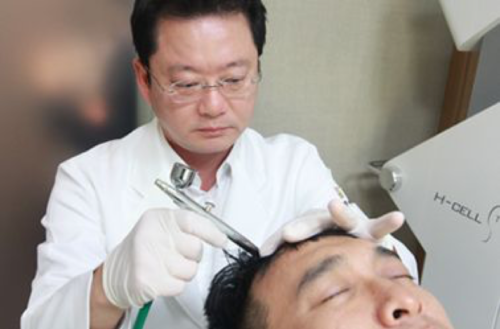
When do I need to stop taking medication before a hair transplant surgery?
It would be best if you stop taking medications like aspirin, ibuprofen, herbal supplements, fish oil, vitamins, or any medication that thins the blood for at least 2 weeks before your surgery. This will prevent excessive bleeding and complications during the transplant.
.What should I eat before a hair transplant surgery?
Eat something light and easy to digest before the surgery. A single hair transplant can take anywhere from 4 to 9 hours, so it is important to eat beforehand to ensure your blood sugar levels remain stable. You may even be given something to eat during the procedure if it is especially long. However, you should avoid anything with caffeine the morning of the surgery, such as coffee or green tea.
Transportation After the Surgery
Due to the light anesthesia or sedative that you may be put under, it is not advised to drive home after the hair transplant. In fact, you should avoid driving for 24 hours after the procedure.
Thus, you should arrange some form of transportation for when you leave the clinic ahead of time. You can get someone to drive you back home or take public transport. It would be best to find accommodation in Seoul as near to the clinic as possible, as this will make your post-surgery experience more manageable.
Follow the Instructions from Your Doctor
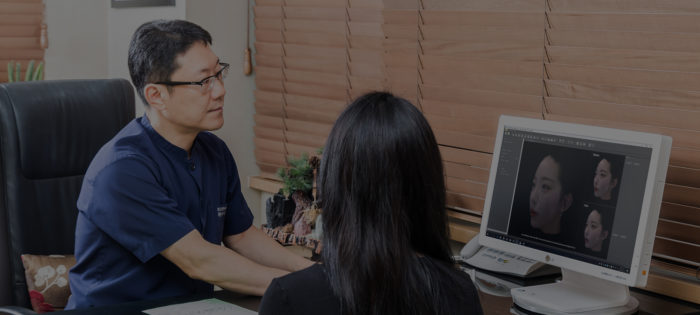
All in all, the most important thing is to follow all direct instructions from your hair transplant doctor. Although these instructions are agreed upon by hair transplant doctors, the information in this article is only to serve as guidelines to prepare for your hair transplant surgery in Korea. Use these guidelines to educate yourself on how to take care of yourself to ensure the best results from your hair transplant.
FAQ:
When should I start preparing for a hair transplant surgery?
Ideally, you should start preparing for your hair transplant surgery a month in advance. During this month, you should focus on getting your health in check by eating well. You also should also try to stop smoking during the month before your surgery to ensure you can heal optimally. Smokers tend to have a harder time recovering from hair transplant surgeries. It may also be a good idea to start a daily 10-minute head massage a month in advance of the procedure.
What should I wear to my hair transplant surgery?
It would be best to wear something that buttons or zips up in the front. Please refrain from wearing anything that you may have to pull over your head to not disturb the transplanted areas. Also, you will need to bring a loose hat or something with a hood to wear after the surgery. Do not bring anything that would fit too tightly to the head, such as a beanie.
Should I wash my hair before the hair transplant surgery?
Yes, you should wash your hair the morning of the surgery. The best option would be an anti-bacterial shampoo with a disinfectant like chlorhexidine in it.
